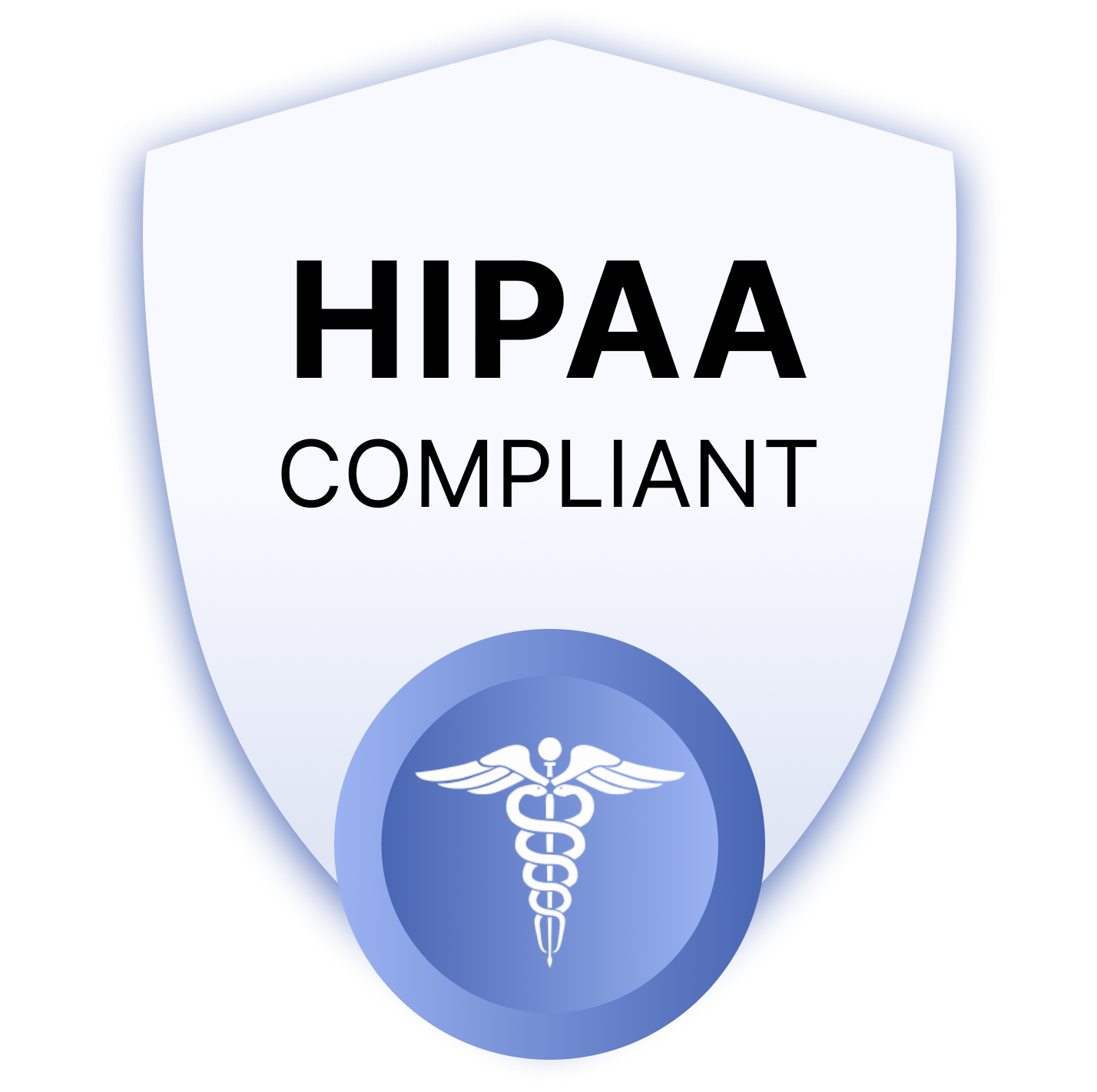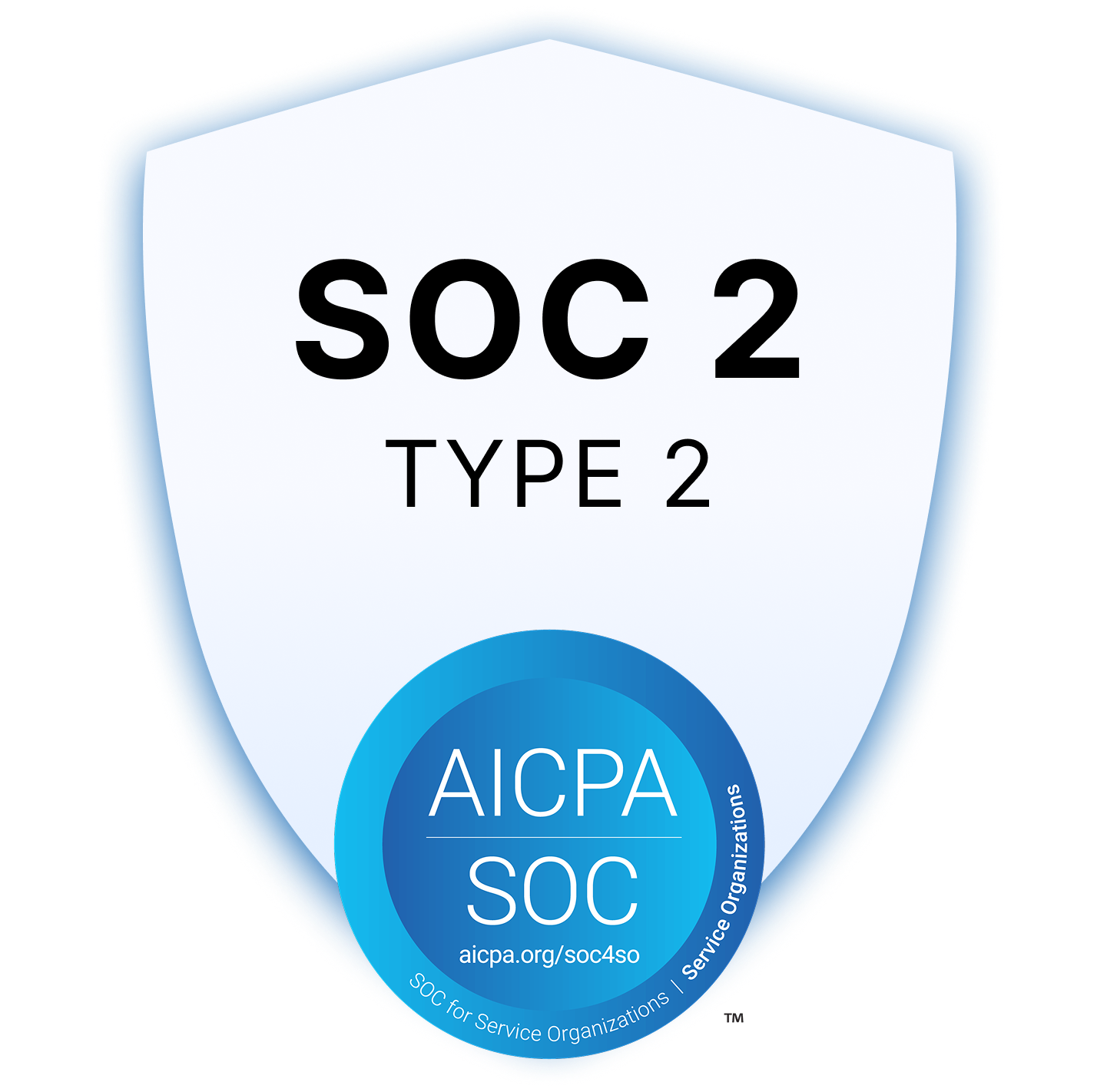
Physician Burnout
5 min read
Physician Assistant Burnout Explained
Summary
Your Competitors Are Embracing AI – Are You Falling Behind?
Physician assistant burnout is a pressing issue within the medical community, impacting not only the individuals experiencing it but also the quality of patient care they provide.
As frontline healthcare providers, physician assistants face a significant amount of stress due to their demanding roles, which unfortunately can lead to high levels of burnout.
The American Academy of Physician Assistants (AAPA) has recognized the severity of this problem and emphasizes the importance of addressing it through various strategies.
In this article, we will examine the causes, implications, and potential solutions for physician assistant burnout.

Physician Assistant Burnout: Tl;Dr
Burnout among Physician Assistants (PAs) is an issue that has been receiving increasing attention.
Studies hint that over one-third of PAs might experience burnout, characterized by exhaustion, cynicism, and feelings of reduced professional accomplishment.
Key Symptoms and Consequences:
- Exhaustion: Emotional fatigue from work demands.
- Cynicism: Detachment from or negativity towards patients.
- Inefficacy: Feeling a lack of achievement and productivity.
The consequences include:
- Higher rates of depression and anxiety.
- Increased possibility of medical errors.
- Reduced job satisfaction.
Addressing the Issue:
- The American Academy of PAs (AAPA) supports measures recognizing and combating clinician burnout.
- Strategies encouraged include seeking work-life balance, employing stress-management techniques, and advocating for systemic changes within the profession.
Research Findings:
- Recent systematic reviews confirm the prevalent issue but the aggregate level of burnout remains to be clearly defined.
- Symptoms of burnout significantly contribute to both depressive states and medical error occurrences.
Professional Outcomes:
- Burnout affects not only individual PAs but also the healthcare system, as it can lead to job turnover and a decrease in quality of patient care.
What Is PA Burnout And Why Is It A Problem In The Healthcare Industry?
Physician Assistant (PA) burnout is characterized by a state of emotional, mental, and often physical exhaustion, typically resulting from prolonged stress and high demands in the healthcare workspace.
It manifests through three main dimensions: emotional exhaustion, depersonalization, and a reduced sense of personal accomplishment.
Studies show that over one-third of PAs experience burnout, which can have repercussions such as increased depression rates and higher incidences of medical errors.
The stress levels PAs face can be comparable to, or sometimes exceed, those experienced by other healthcare professionals.
Factors Contributing to Burnout:
- Workload: Intense schedules and administrative burdens.
- Resource Constraints: Insufficient support and healthcare system pressures.
- Work-Life Balance: Challenges in maintaining personal time amidst demanding work hours.
The implications for the healthcare industry are significant. PA burnout can lead to reduced clinical productivity, turnover, and negatively impact patient care.
In response, healthcare organizations must address the well-being of PAs to maintain quality care and efficient patient service.
Implementing strategies to manage the workload, provide adequate resources, and support work-life balance are crucial steps in combating burnout among physician assistants.
Physician Assistant Burnout By Specialty: Key Statistics
Burnout among Physician Assistants (PAs) varies significantly by specialty. In a report issued by the National Commission on Certification of Physician Assistants (NCCPA), data from 2020 reflected that a majority of Certified PAs experienced high job satisfaction with minimal symptoms of burnout. However, the prevalence of burnout is not uniformly distributed across all specialties.
A study published in the Journal of the American Academy of PAs (JAAPA) indicated that more than one-third of PAs meet the criteria for burnout, with symptoms linked to increased rates of depression and medical errors.
Burnout rates by specialty were not evenly distributed:
- Emergency Medicine PAs showed higher levels of burnout, which could be attributed to challenging work environments and high patient volumes.
- Surprisingly, despite the COVID-19 pandemic, PAs in some specialties like Infectious Disease did not report a corresponding increase in burnout, potentially due to effective coping strategies and support systems.
Becker's Hospital Review revealed the following about PA satisfaction:
- About 70.5% of PAs expressed being completely or mostly satisfied with their job.
Medscape's 2022 report focused on factors contributing to burnout, highlighting:
- Administrative Burdens: Time-consuming paperwork and red tape.
- Interpersonal Toxicity: Strained relationships with colleagues or management.
- Excessive Workloads: Long hours and a high volume of patient care responsibilities.
Job satisfaction and burnout are complex phenomena influenced by a range of factors that extend beyond the scope of specialty, including workload, administrative duties, and workplace dynamics.
5 Most Common Causes Of Physician Assistant Burnout
1. Excessive Workload
Physician assistants often face a high volume of patients and administrative work, leading to long hours without sufficient breaks. The demand to maintain productivity and manage a substantial caseload can result in chronic stress and burnout.
2. Inadequate Supervision
Physician assistants rely on their relationships with supervising physicians. A lack of support or poor supervision can lead to decreased job satisfaction and increased burnout rates. Studies indicate that higher satisfaction with physician supervisors correlates with lower burnout levels.
3. Insufficient Work-Life Balance
Finding a balance between work demands and personal life is a prevailing challenge for physician assistants. The strain of juggling professional responsibilities with personal life can exacerbate feelings of exhaustion and reduce overall well-being.
4. Unclear Job Expectations
When role expectations are not well defined, physician assistants may experience role conflict, which contributes to workplace stress. Clarity in job duties and expectations is crucial in preventing feelings of ineffectiveness and depersonalization.
5. Workplace Environment
The general atmosphere of the work environment, including staff relationships and organizational culture, significantly impacts physician assistants’ job satisfaction. Negative work environments can lead to a decline in morale and an increase in burnout incidence.
How To Detect PA Burnout? 6 Major Symptoms
Physician Assistants (PAs) are essential healthcare providers, but the high demands of their job can lead to burnout. Identifying symptoms early is pivotal to manage the stress levels and improve their work-life balance. Below are six major symptoms indicating PA burnout:
1. Emotional Exhaustion
PAs feeling overwhelmed by their emotions, displaying fatigue, and lack of energy may be experiencing emotional exhaustion. This represents the draining of emotional resources and is a core symptom of burnout.
2. Depersonalization
When PAs start to feel disconnected from their patients or colleagues, showing signs of cynicism or a negative, callous attitude towards patients, they might be suffering from depersonalization.
3. Reduced Professional Efficacy
If PAs notice a decline in their job performance, a lack of personal accomplishment, or a feeling that their work is no longer making a difference, this can be an indicator of burnout.
4. Increased Irritability
A PA displaying short temper and irritability with patients or coworkers may be under excessive stress.
5. Physical Symptoms
Chronic stress can lead to physical manifestations, such as headaches, gastrointestinal issues, or frequent illness.
6. Mental Distress
Signs of anxiety, depression, or mood swings can also be indicative of burnout in PAs.
5 Strategies To Prevent/Minimize Burnout For Physician Assistants
1. Prioritize Self-Care
Physician assistants should ensure they are getting adequate sleep, practicing healthy eating habits, and engaging in regular physical activity.
For those who experience ankle or joint fatigue from long hours of standing, using supportive gear such as Doc Ortho ankle supports can be a simple way to stay comfortable.
Self-care is fundamental for mental and physical well-being and helps combat fatigue and stress.
2. Seek Social Support
Building a support system with colleagues, friends, and family can provide a valuable outlet for sharing experiences and reducing emotional strain.
Joining professional communities or support groups for healthcare professionals can also be beneficial.
3. Set Boundaries
It’s essential for physician assistants to establish work-life boundaries.
They should feel empowered to say no to extra hours when possible and take their designated breaks to recharge during work hours.
4. Professional Development
Engaging in continuous learning and professional development can help PAs maintain a sense of growth and competence, which can be protective against burnout.
5. Organizational Strategies
Healthcare organizations can assist by recognizing burnout symptoms and providing resources such as mental health services.
Policies that promote reasonable workloads and acknowledge the efforts of healthcare workers are critical.
These strategies aim to create a healthier work environment for PAs and to ensure they have the resources to provide the best care without sacrificing their well-being.
Unlock 300+ integrations with no hidden fees, bespoke rewards, and dedicated support
Related Articles
Related Articles














